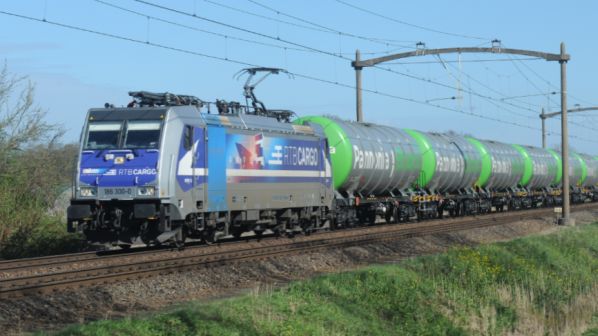The study, which analysed 590 rolling stock projects in 23 countries, found 42% of all projects were backed by private financing, either fully or partially in joint ventures, while direct or indirect public financing made up the remainder.
While private funding accounted for a proportion of all rolling stock categories in Western Europe, the study found all urban system fleets in Eastern Europe were publicly funded.
The study found private funding is considered important with regard to volume for the purchase of coaches and freight wagons (54%), locomotives (46%) and high-speed and very-high-speed trains (40%) across Europe. Private financing is comparatively important in Slovakia, where it accounts for 62% of purchases, Britain (58%) and the Czech Republic (43%).
The study also found that market segments with a high degree of liberalisation usually tend to have a higher private financing proportion, while more regulated market segments usually tend to exhibit lower shares of private financing, with the exception of high-speed.
With further liberalisation and more attractive conditions for leasing/debt expected in the coming years, Roland Berger says it expects further growth of private financing with the sector becoming an increasingly important source of finance for rolling stock orders.
The share of rolling stock privately financed was also expected to increase further following the adoption of the Luxembourg Rail Protocol, a new global treaty to create a new system for the recognition, prioritisation and enforcement of creditor and lessor rights, which will be registered in an international registry based in Luxembourg.
While not yet in force, the protocol has been ratified by Luxembourg, Sweden, Gabon and the European Union, while France, Germany, Italy, Mozambique, Switzerland and Britain have also signed the protocol and are working towards its adoption.
“Unlike the aviation industry, the vast majority of rolling stock procurement in Europe is either funded or underwritten by governments; this is unnecessary and places a huge burden on government finances,” says Rail Working Group chairman, Mr Howard Rosen.
“Currently there is limited legal protection for private creditors, especially when rolling stock crosses a border. The introduction of open access for operators across Europe, and the dramatic increase of rail traffic between Europe and Asia, makes this a critical issue.”

